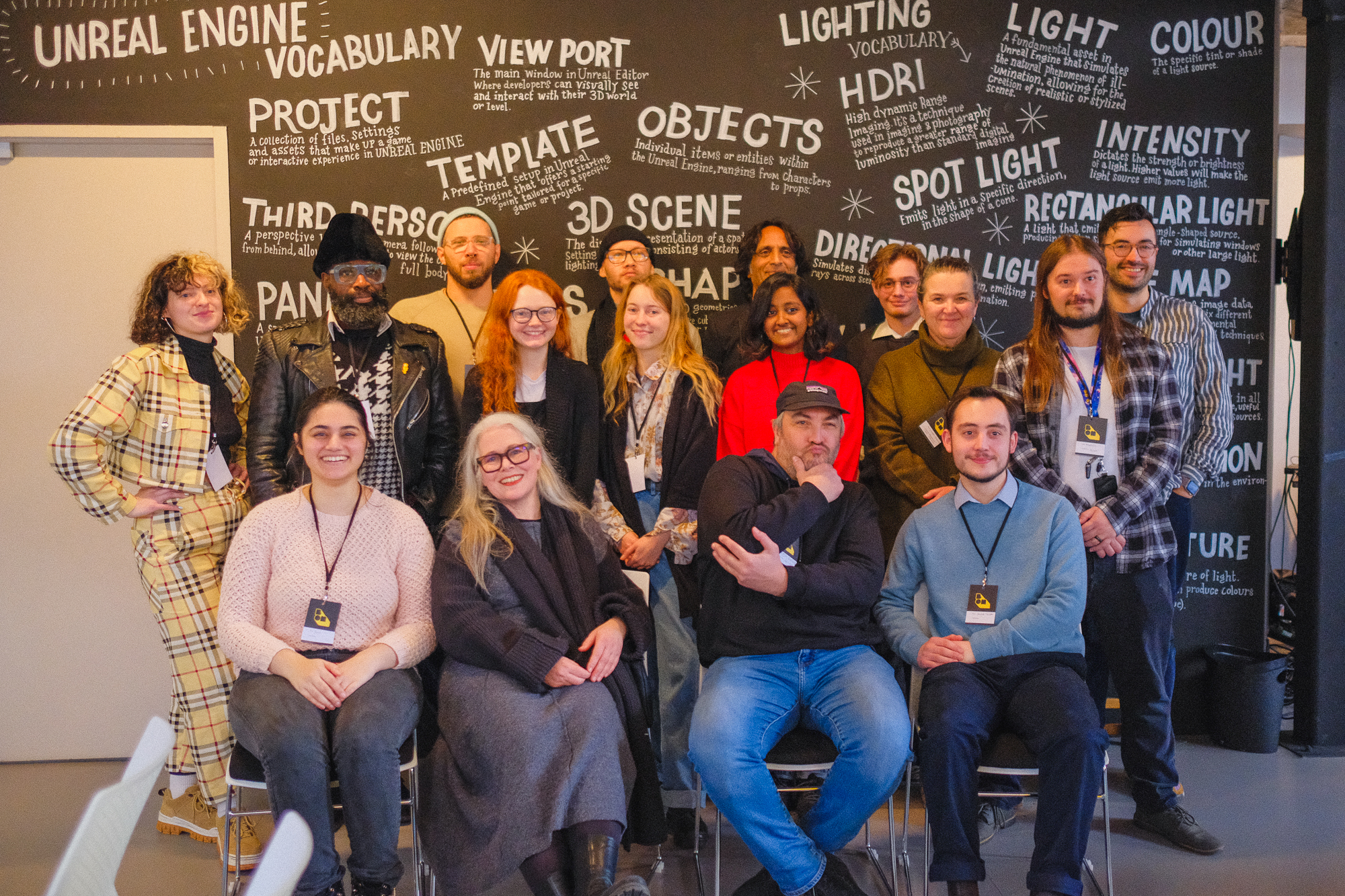The world of public art, long a bastion of municipally-approved artworks imposed on our public spaces, has a new wave of artists taking a radical view as to what art in the public realm could, and should be. Armed with technology, a sense of urgency and the need to engage, they have the potential to change how art is experienced and who gets to see it. Baff Akoto’s nationwide public exhibition UP:RISE reflects on the UK’s past, present and future and the way he’s bringing this to our streets, also ushers in a new era of public art.
Unleashed on August 6, UP:RISE will be located in the real world via strategically placed QR codes which will enable us, via our phones, to see and hear his Augmented Reality sculpture.
Addressing the sustained waves of civil unrest that swept through the UK during the hot summer a decade ago sparked by the police killing of Mark Duggan*, Akoto comes to the work with an understanding that the events of August 2011 were a key formative moment of 21st Century Britain, unique within the history of Britain’s pattern of civil unrest, being the first time the technology enabling rapid mobilisation of people was in the hands of the public, via the use of encrypted messaging on the BlackBerry phones of the time, making it the first uprising of the digital age.
Britain has had, since the war, a tradition of sporadic violent civil unrest. Community uprisings sparked by police violence perpetrated on socially deprived communities experiencing racial animosity from both the police and the wider white public. He understands that because the 2011 uprisings are still widely regarded as the senseless sacking and looting by mindless youth**, important voices, the most important voices have been silenced.
UP:RISE takes a critical and provocative position, re-examining this portrayal and examines the legacies of August 2011 on the past 10 years.
The artwork consists of archive footage with additional stills and video elements, but also includes testimonies from those swept up in the violence, as they reflect back on their country, their lives at the time and in the decade since.
The locations where the QR codes will be found, are at sites in Birmingham, Liverpool, London and beyond; places where prolonged episodes of serious civil disorder took hold in that furious summer. The placement of the QR codes will be an open invitation for people to engage with their own local history of unrest and to possibly emerge with a perception shift and a more nuanced re-framing of the events.
We will be hosting a free day time event with Baff Akoto at BOM on Saturday August 14. Including workshops, talk by the artist and lunch. More details coming soon but in the meantime, if you’d like more information or to book a place, please email louise@bom.org.uk
Baff Akoto is an artist and BOM Fellow.
Follow the project website or social media for updates of where you can access UP:RISE…..
Website: http://uprise-exhibition.com/
Twitter: @uprise_exhibit
Instagram: @uprise_exhibition
**As an example, we give you the Daily Mail on this subject: https://www.dailymail.co.uk/debate/article-2024315/UK-riots-2011-Reckless-immoral-behaviour-shames-Britain.html
Compare and contrast with a more nuanced take: https://theconversation.com/londons-2011-riots-report-blames-deprivation-and-poor-policing-not-mad-bad-dangerous-people-111770


